Meet Filomena Pingo Tejada, one of the traditional weavers involved in SPI’s Chotuna-Chornancap project in Peru. Together with the Chotuna-Chornancap Site Museum and the Brüning National Museum, SPI is helping the female artisans like Filomena develop their experience as weavers into a sustainable and profitable business which offers a real income and preserves this important archeological site in doing so.
The Interview
Interviewer: How has the project transformed the lives of people in this community? What changes have occurred with the project so far?
Filomena: The Chotuna Project has transformed the lives of people in the community by offering work and because of this, families are also seeing benefits. Our children are becoming interested in learning more about our history.
Interviewer: What benefits do you feel are happening with the project? Do you think new opportunities have been created for women in the community?
Filomena: Yes, in this case it has allowed us to regain our identity, customs and the art of weaving.
Interviewer: How do you feel? Has your quality of life improved?
Filomena: The economic aspect has improved, as well as the role of being a mother and teacher since we have begun to teach weaving to our daughters and sisters.
Interviewer: Do you feel that the community is empowering itself? Do you think that these initiatives should continue?
Filomena: Yes, they should continue. We still need to learn many different designs and weaving techniques (such as weaving purses).
Interviewer: What message do you want to send to other women in different parts of the world?
Filomena: That women can regain their customs and seek their historic past. This way they will see that women are and will always be indispensable.
Entrevista en Español:
Tejedora: FILOMENA PINGO TEJADA
¿Cómo el proyecto ha transformado la vida de los pobladores en la comunidad? ¿Qué cambios han ocurrido en el proyecto hasta ahora?
El Proyecto Chotuna ha transformado la vida de los pobladores brindando trabajo y con esto más familias se ven beneficiadas, además nuestros hijos sienten un interés por aprender más sobre nuestra historia.
¿Qué beneficios cree usted que estén ocurriendo con el proyecto? ¿Cree usted que ha generado nuevas oportunidades a las mujeres en su comunidad?
Si, en este caso nos ha permitido recobrar nuestra identidad, las costumbres y el arte de tejer.
¿Cómo se siente usted? ¿Ha mejorado su calidad de vida?
Ha mejorado en el aspecto económico y además a tener un rol de madre y maestra pues hemos comenzado a enseñar a tejer a nuestras hijas y hermanas.
¿Siente que la comunidad se está empoderando? ¿Le parece que estas iniciativas deberían seguir?
Si, deberían de seguir, falta por aprender muchos diseños y diferentes formas de tejidos (bolsos).
Podría mandar un mensaje a las otras mujeres en diferentes partes del mundo?
Que las mujeres recobren sus costumbres, que busquen su pasado histórico pues así lograrán ver que la mujer es y será siempre indispensable.
Chotuna Weavers
Where archeology meets entrepreneurship…
Through supporting female entrepreneurs living in poverty next to archeological sites, we are empowering families and communities around the world. See what National Geographic has to say about Sustainable Preservation Initiative!



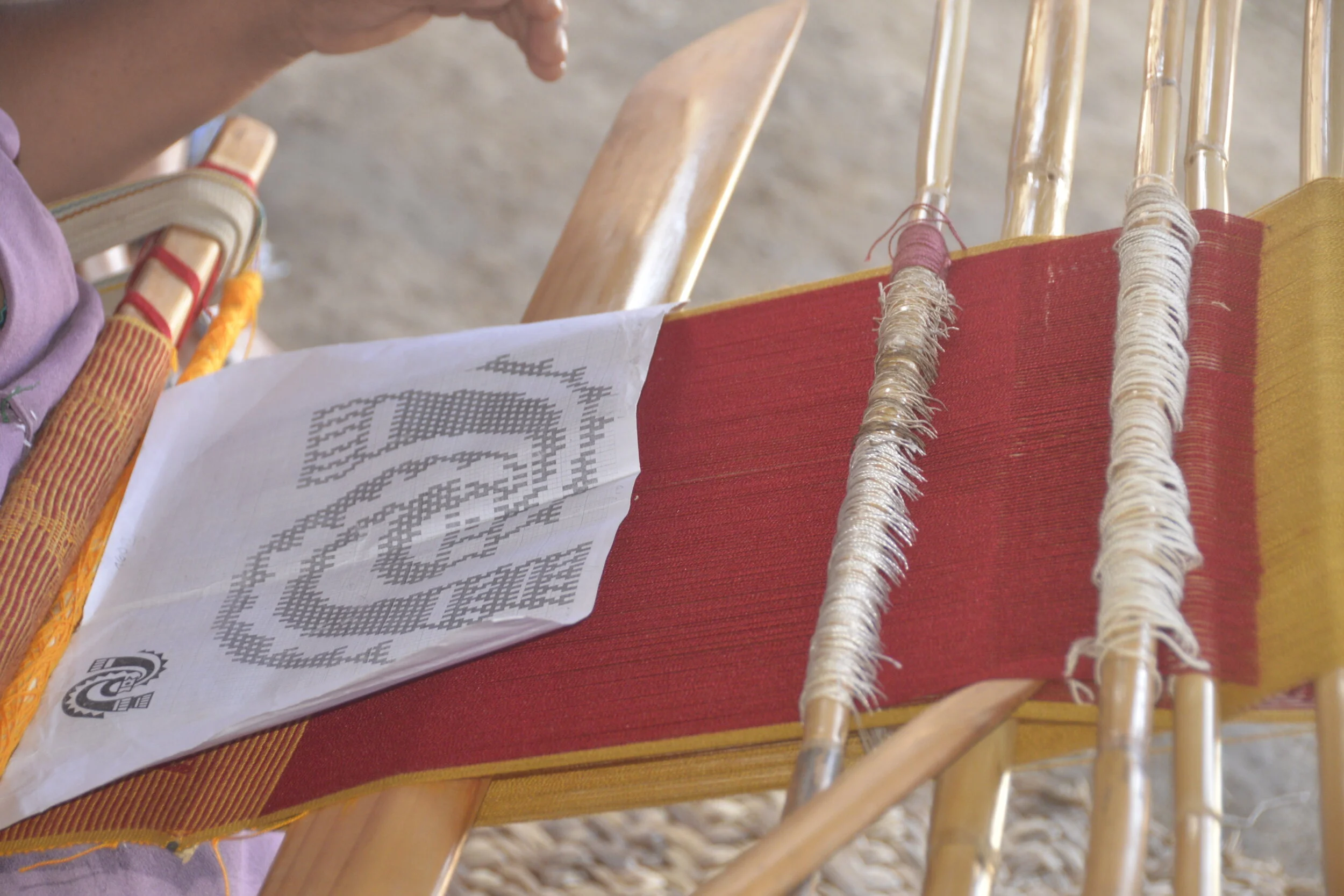
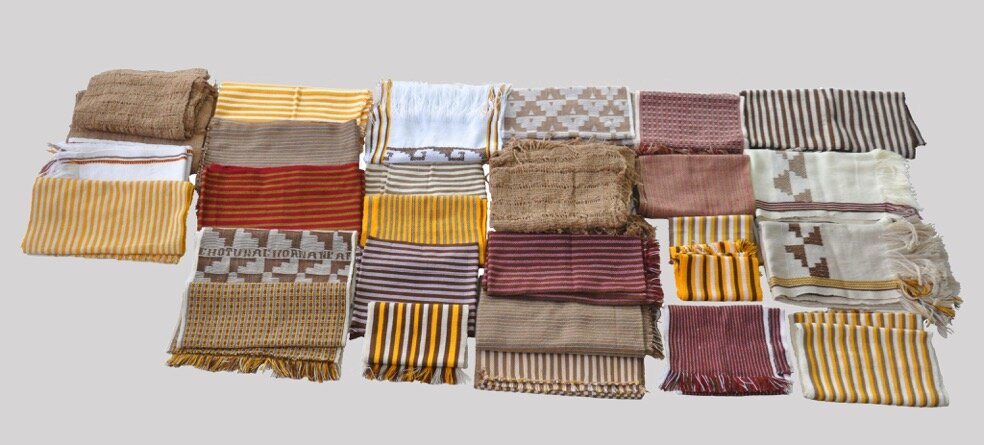
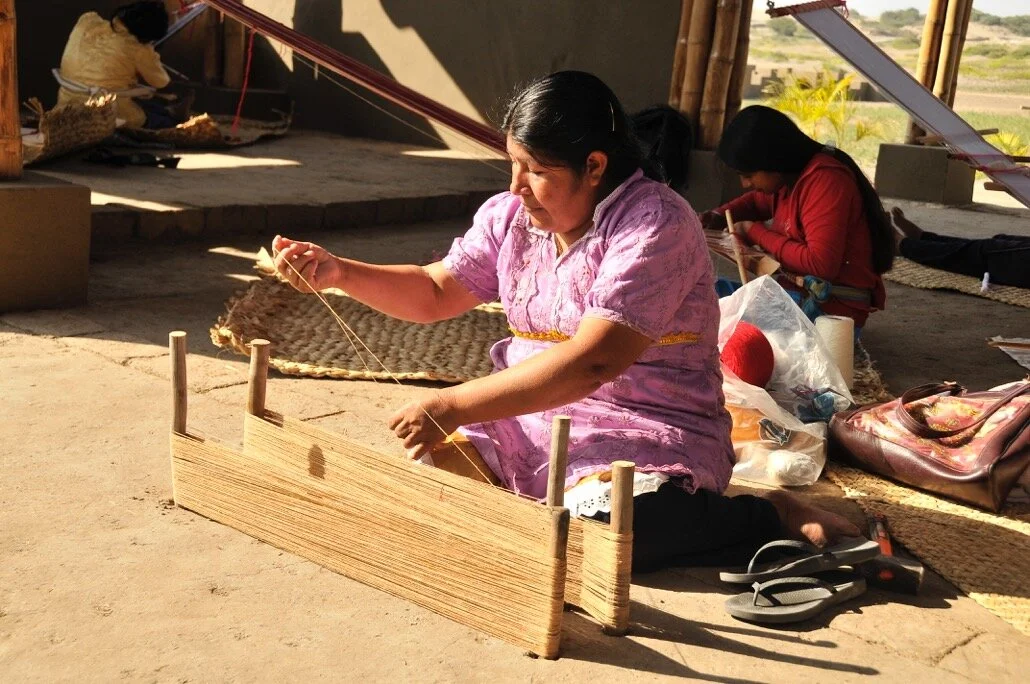

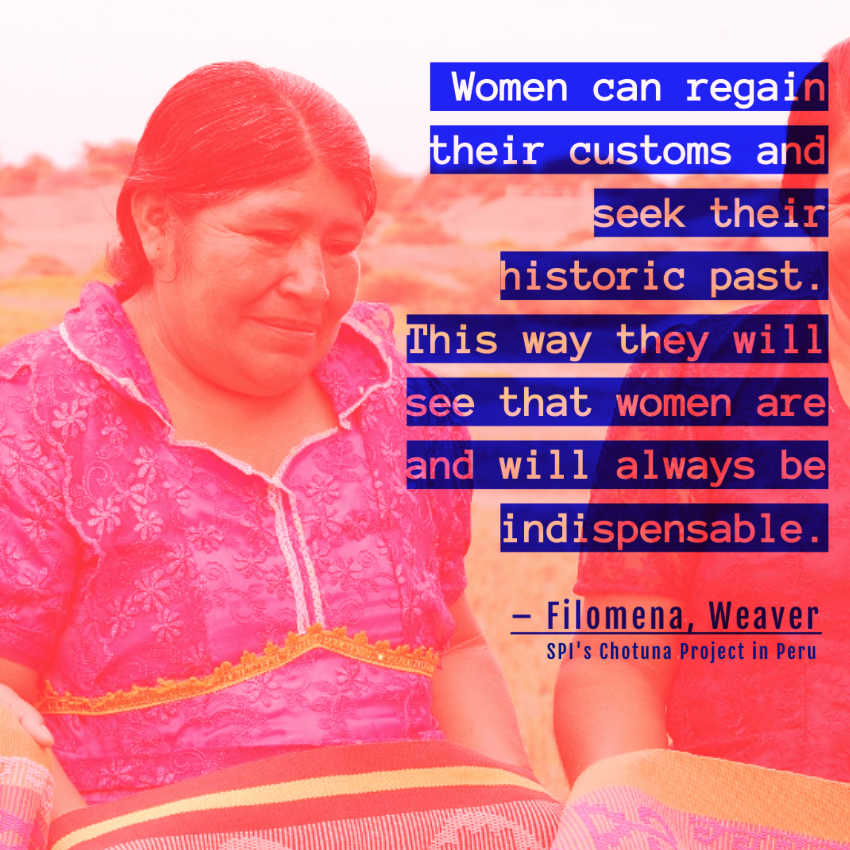


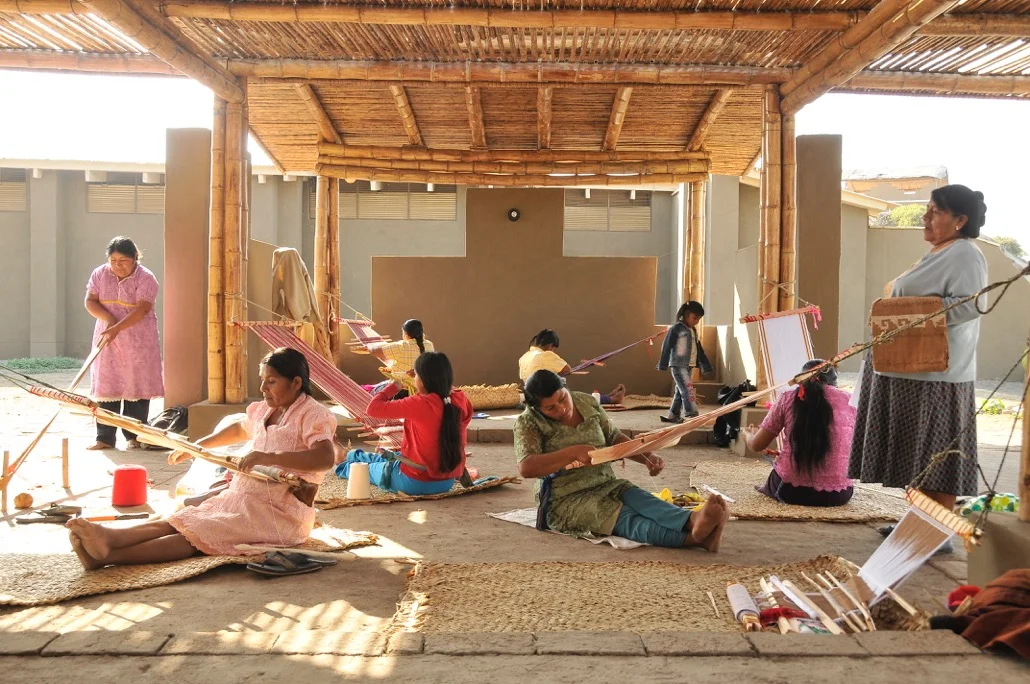
Meet Filomena Pingo Tejada, one of the traditional weavers involved in SPI’s Chotuna-Chornancap project in Peru. Together with the Chotuna-Chornancap Site Museum and the Brüning National Museum, SPI is helping the artisans like Filomena develop their experience as weavers into a sustainable and profitable business which offers a real income and preserves the site in doing so.